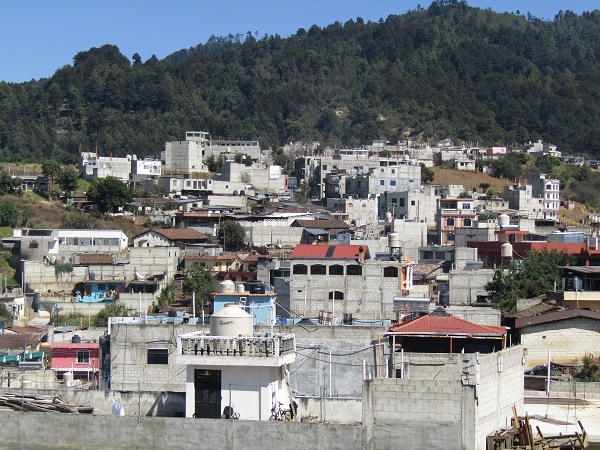
This January 21, 2022 article in the Guardian pinpoints the reasons why the government of Guatemala has no reason to try to stop immigration to the United States. The title gives a tidy summary: “Guatemala’s economy buoyed by record $15 billion sent home from workers overseas.”
I’m not here to debate immigration from Guatemala to the U.S. I’m simply sharing reasons why it happens and why it happens on such a large scale.
Says Paul Briere, a former congressional representative in Guatemala who once headed the country’s commission on migration: “[The political elite] won’t make the effort to stop migration, they won’t make the effort to combat corruption, they will not make the effort to combat inequality, they will not make the effort to combat poverty, because they need that to be the situation. They need these people to leave Guatemala.”
As the article states: “The amount of money Guatemalans living abroad send home to their families reached record levels in 2021. Remittances rose to more than $15 billion (£11bn) in 2021, an increase of 35% on the previous year. The unprecedented rise prompted experts to question the political will to tackle the migration crisis when remittances from the US contribute so much to the Guatemalan economy.”
An estimated 2.9 million Guatemalans live in the U.S. Remittance analysts estimate that Guatemala sees between 2 and 2.5 million remittance transactions every month. The infusion of so much money from outside Guatemala effectively lets the government off the hook from delivering quality infrastructure, education, and healthcare.
Anecdotally, when I visit Guatemala, I am astonished by the housing construction projects—enormous two-story cement block homes funded by private remittance money. There’s a huge difference between communities where families receive remittance money and communities where they don’t.
Millions of people are poor in Guatemala, but Guatemala is not a poor country. “Where is the government in all this?” I often wonder when visiting underfunded schools and homes that lack clean drinking water. “Why are they not providing their citizenry with basic needs?”